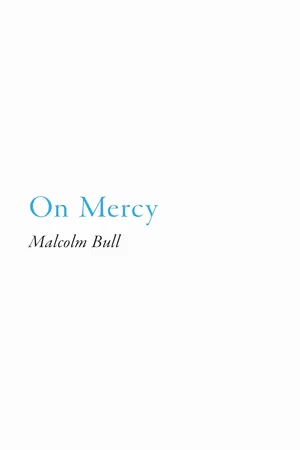
On Mercy
Malcolm Bull
- English
- PDF
- Disponible en iOS y Android
On Mercy
Malcolm Bull
Información del libro
Is mercy more important than justice? Since antiquity, mercy has been regarded as a virtue. The power of monarchs was legitimated by their acts of clemency, their mercy demonstrating their divine nature. Yet by the end of the eighteenth century, mercy had become "an injustice committed against society... a manifest vice." Mercy was exiled from political life. How did this happen?In this book, Malcolm Bull analyses and challenges the Enlightenment's rejection of mercy. A society operating on principles of rational self-interest had no place for something so arbitrary and contingent, and having been excluded from Hobbes's theory of the state and Hume's theory of justice, mercy disappeared from the lexicon of political theory. But, Bull argues, these idealised conceptions have proved too limiting. Political realism demands recognition of the foundational role of mercy in society. If we are vulnerable to harm from others, we are in need of their mercy. By restoring the primacy of mercy over justice, we may constrain the powerful and release the agency of the powerless. And if arguments for capitalism are arguments against mercy, might the case for mercy challenge the very basis of our thinking about society and the state?An important contribution to contemporary political philosophy from an inventive thinker, On Mercy makes a persuasive case for returning this neglected virtue to the heart of political thought.
Preguntas frecuentes
Información
